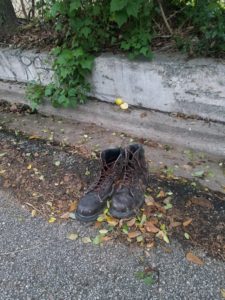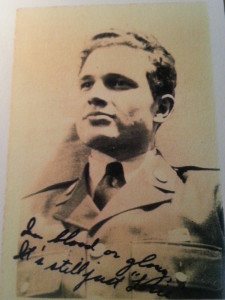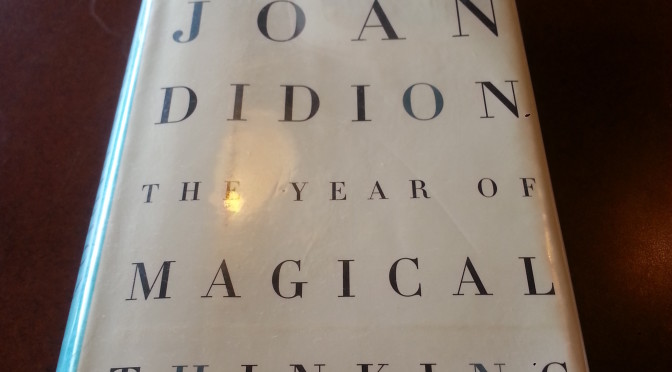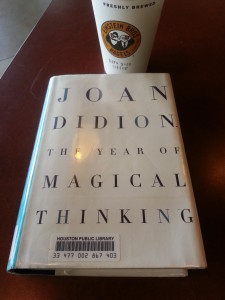Do you try to fill silence with noise? Or, like me, do you find yourself using silence to shut out the noise? How we feel about silence says a lot about us.
As an introvert, my body and mind long for silence after a threshold of stimulus and noise. Silence helps to recharge my battery, refresh my thoughts. My son, on the other hand, seems to think best immersed in aural stimuli.
My mother, I believe, was uncomfortable with too much silence. One of my vivid memories from childhood has my family in the car, with Dad driving and Mom in the passenger seat. We were on our way to the airport, I think, and Mom was sewing something by hand–while she talked. And talked. I wasn’t yet at the age to say something smart-alecky to her about her incessant chatter. But someone else in the car did. Dad? An older sister? It was the reprimand meted out to silence her that seared into my memory the depth of her need to fill the space of our car with the sound of her voice.
How cruelly ironic, then, that in her final days on earth–barely into her early 50s, and me a teen–she lay dying of cancer, alone in her bedroom, in silence, her throat ravaged by chemotherapy, her body wracked by pain.
What I wouldn’t give to hear her voice fill a room, today.













